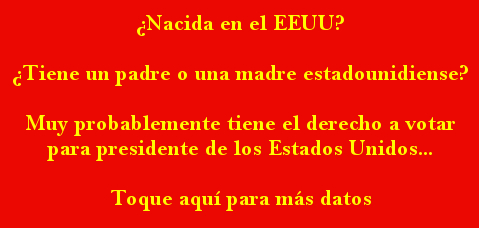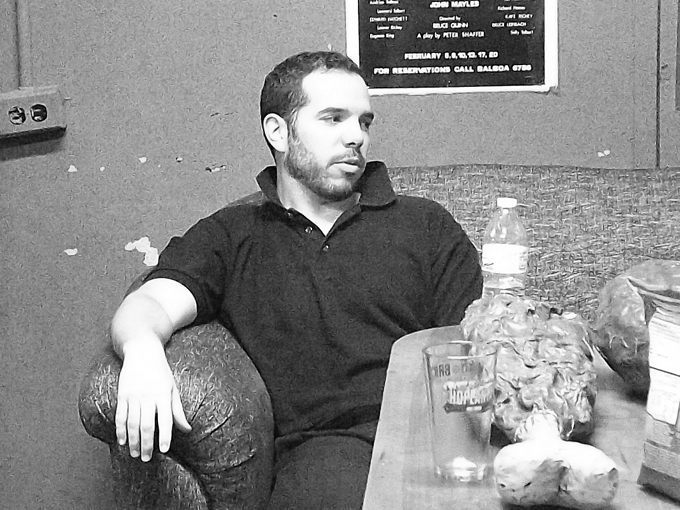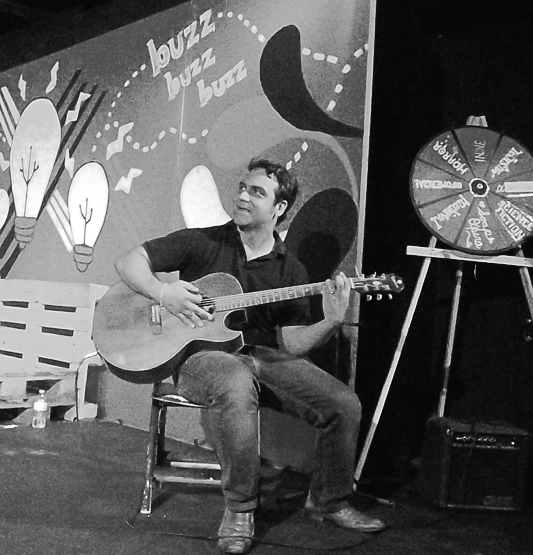The Panama News blog links
La Estrella, Los ingresos del Canal de Panamá caen 4.3% hasta julio
WorkBoat, Expanded canal and low prices boost US LNG trade
JOC, High ship use doesn’t raise trans-Pacific cargo rates
McClatchey, US State Department will believe Nicaragua Canal when it sees it
The New York Times: Where ice once crushed ships, open water beckons
KTOO, A Frenchman and his hen Monique sailed the Northwest Passage
World Policy Institute, Arctic in focus
CCTV, Feasibility study underway for China-backed railway project
Xinhua, China’s Belt and Road initiatives three years on
GB Times, China completes longest desert highway
Trade Arabia, Suez tunnels to be done in late 2018
AP, Maersk splits into two divisions
Hellenic Shipping News, Hyundai looking to buy Hanjin box ships
Bloomberg, Maersk may move to acquire Hanjin and Hyundai
SunHerald, Greg Litton on the ’89 World Series as a Giant
TVN, Buhoneros de Calidonia dudan sobre su reubicación
CBC, Canadians in Panama Papers shouldn’t expect a tax deal
BBC, European Parliament begins Panama Papers inquiry
Fresh Fruit Portal, Winds destroy banana crops in Panama
Chiriquí Natural, La inundación de mil años en Barro Blanco
Latin American Herald Tribune, Panama neglects its own house about climate change
PR, Retired US Army general to lead deployment of gene-spliced insects
Science Alert, France bans plastic cups and plates
Mongabay, New online biodiversity monitoring manual
Christian Science Monitor, Singing fish and their humming at night
Video, Curiosity never sleeps
Space.com, Signs of giant water plumes of Jupiter’s moon Europa
Center for Public Integrity, Opioids and the politics of pain
Business Insider, Google helps to save journalist from massive cyber-attack
Reuters, Probe of leaked NSA hacking tools examines operative’s ‘mistake’
Mongabay, International Criminal Court may now hear land grab and ecocide cases
Chiriquí Natural, Destituyen la cacica y rechazan acuerdo de Barro Blanco
Haiti Libre, Panama welcomes US decision to deport Haitians
US Department of Defense, SENAN officer heads multinational force aboard US ship
UN News Centre, Ban: “Colombians bidding farewell to decades of flames”
BBC, Three Catholic priests slain in Mexico in one week
Caribbean News Now!, Caribbean leaders warn of regional economic collapse
El País, La venganza de la Miss hispana a la que Trump humilló
Castsro, El privelegio de la autonomía
Simpson, ¿Xenofobia en Panamá contra venezolanos?
Financial Transparency Coalition, The Bahamas leaks
Semana, Paz en Colombia: por qué votar Sí
Isacson, Colombia’s growing coca crop
Bird, Guatemalan human rights prosecutor arrested on baseless charges
Rosnick, Latin America’s commodities bust? Not exactly
Wallerstein, Secular stagnation — or is it worse?
Frankel, Voting for a better US political system
Drew, Why is the US presidential race so close?
Barrera, La amenaza de Trump continúa
Giroux, The pathology of politics in our warfare state
Huffington Post, Pope calls yellow journalism a form of terrorism
Religion News Service, Leonard Cohen is as Jewish as it gets
~ ~ ~
These announcements are interactive. Click on them for more information.
Estos anuncios son interactivos. Toque en ellos para seguir a las páginas de web.






























